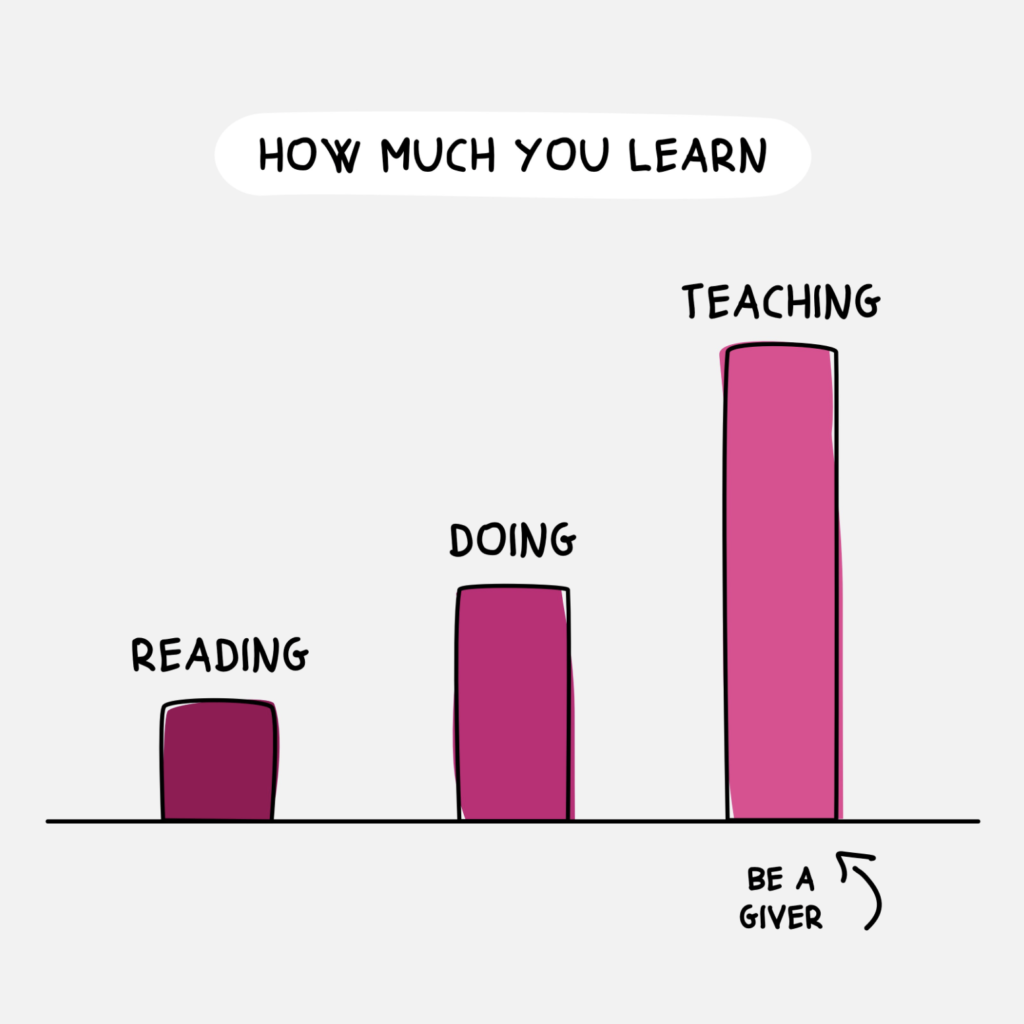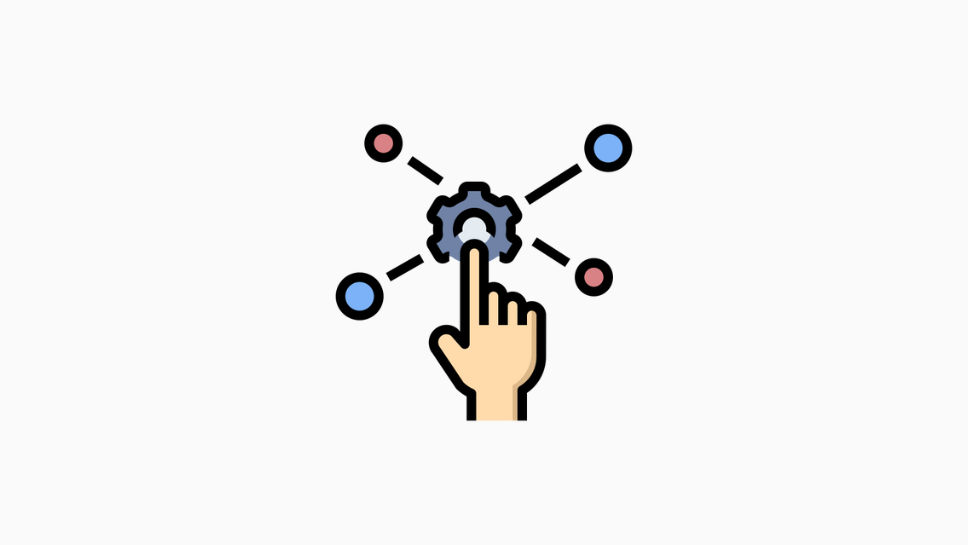Lots of people want to be the noun without doing the verb.
They want the job title without the work.
The basic idea is that many of us get fixated on the thing we’re trying to be (the noun) and lose focus on that actual work that needs to be done (the verb). But, doing the verb will lead to far more interesting and rewarding results.
For example, years ago I loved the idea of becoming a ‘writer’. I loved the romanticised notion of it – the solitary figure hunched over a typewriter, the smell of fresh ink on paper, the adoration of readers. The title, the noun ‘writer’, felt like a golden halo that I desperately wanted to adorn.
But, despite my yearning to be a writer, I was doing very little actual writing. I read books about writing, talked about it, daydreamed about what it would look like, but the Word document on my computer remained embarrassingly blank.
One day, a friend bluntly asked me, “So, how much have you actually written?” The question struck a nerve, mostly because the answer was a humbling, “Not much.”
That’s when I realised I needed to forget about becoming a writer and focus on the act of writing itself.
And so, I did. I started small, writing for just 10 minutes a day. Slowly but surely, the minutes became hours, and the hours filled pages.
The funny thing is, the more I engaged in the act of writing, the less I worried about being a writer. And yet, as I filled more pages, I found myself becoming what I’d always wanted to be. I was a writer not because I claimed the title, but because I was engaged in the act of writing.
Now, I never actually published a book (maybe one day 🤔) – but, the lesson was pretty clear:
The ‘verb’ naturally leads to the ‘noun,’ and it makes the noun meaningful.
While doing the verb doesn’t just give us the title we’re looking for, it does enrich the journey and makes the end results more rewarding and, quite frankly, deserved.
So, forget the nouns altogether. Do the verbs.
🎬 Latest Video
✍️ Article of the Week

How Will You Measure Your Life?
Great article that talks about not defaulting to work during your spare hours. Unlike most of his friends, Clayton tried to dedicate his occasional spare hours to “figuring out his purpose in life”, instead of pouring even more time into his work. And he feels that’s paid long-term dividends, when he looks at how many other graduates from Harvard Business School end up with difficult marriages, mental health problems, or struggling to function outside their work.
🙌 Weekly Favourites


